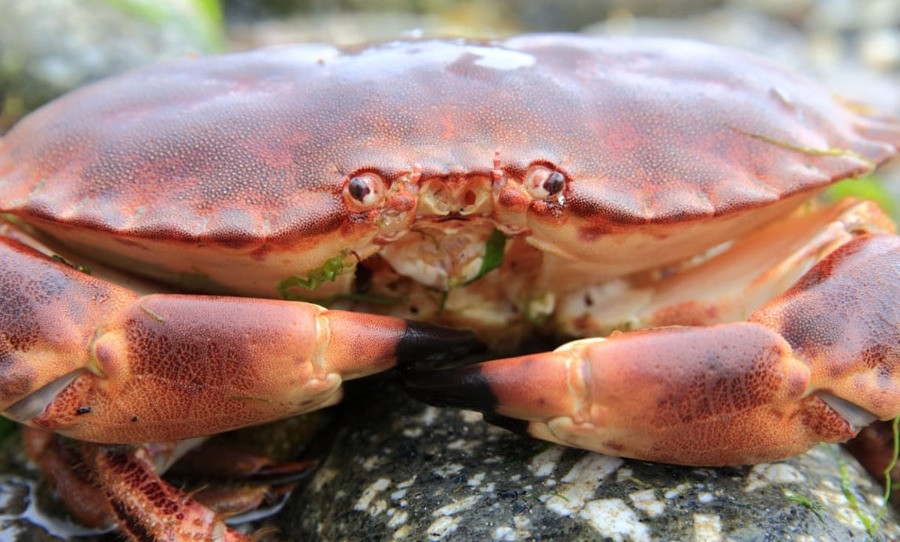Say goodbye to restaurant lobster tanks as crabs, lobsters and octopuses are now considered “sentient beings” according to an updated UK law.
In an article published by the London School of Economics and Political Science (LSE), the UK’s Animal Welfare (Sentience) Bill was updated last week to encompass “all decapod crustaceans and cephalopod molluscs”. In other words, your octopuses, crabs, crayfish etc.
Let’s make one thing clear – this doesn’t mean it’s illegal to eat them.

The decision to include them comes in the wake “of a government-commissioned independent review led by Dr Jonathan Birch” of LSE’s Centre for Philosophy of Natural and Social Science.
Dr Birch and his team’s investigation involved them analysing “over 300 existing scientific studies” to determine whether or not the aforementioned species are capable of experiencing pain.
According to the UK’s Department for Environment, Food & Rural Affairs (DEFRA), both species contain extremely “complex central nervous systems” – a major factor in determining the sentience of a species.
It is illegal for people to cause unnecessary amounts of harm to animals that fall under this umbrella.
Luckily for the lobsters, crabs and octopuses of the UK, the results proved in their favour.
So proud to have been a part of the research team who helped create this outcome 🐙🦀https://t.co/jVXAdUM9H6
— Dr Heather Browning (@zoophilosophy) November 21, 2021
“I’m pleased to see the government implementing a central recommendation of my team’s report,” Dr Birch said as reported by LSE. “After reviewing over 300 scientific studies, we concluded that cephalopod molluscs and decapod crustaceans should be regarded as sentient, and should therefore be included within the scope of animal welfare law.”
Dr Birch applauds the move as a way to promote consistency amongst animal rights and conservation.
“…octopuses and other cephalopods have been protected in science for years, but have not received protection outside science until now. One way the UK can lead on animal welfare is by protecting these invertebrate animals that humans have often completely disregarded,” Dr Birch said.
i think this should also include all fish and sea life. boiling any living thing alive is awful and cruel.
— pari 🧶 (@paricyte) November 21, 2021
The team also looked into “current commercial practices” used for handling crustaceans and molluscs. They condemned the use of “declawing, nicking, eyestalk ablation, the sale of life decapod crustaceans to untrained, non-expert handlers” and inhumane slaughter practices (e.g. boiling them alive).
In an article addressing the recent move, DEFRA stressed that the new law will not “direct[ly] impact … the shellfish catching or restaurant industry”.

The new law has been applauded by animal rights activists across the UK. Executive Director of the Humane Society International/UK, Claire Bass, hopes the future will bring more good news for everyone’s favourite seafood.
“This is an important first step to establishing more respectful treatment of these amazing animals … We look forward to working with government, industry and scientists to agree and implement humane solutions,” Bass said when speaking to The Guardian.
Maybe we won’t celebrate with lobster and champagne for this one.



